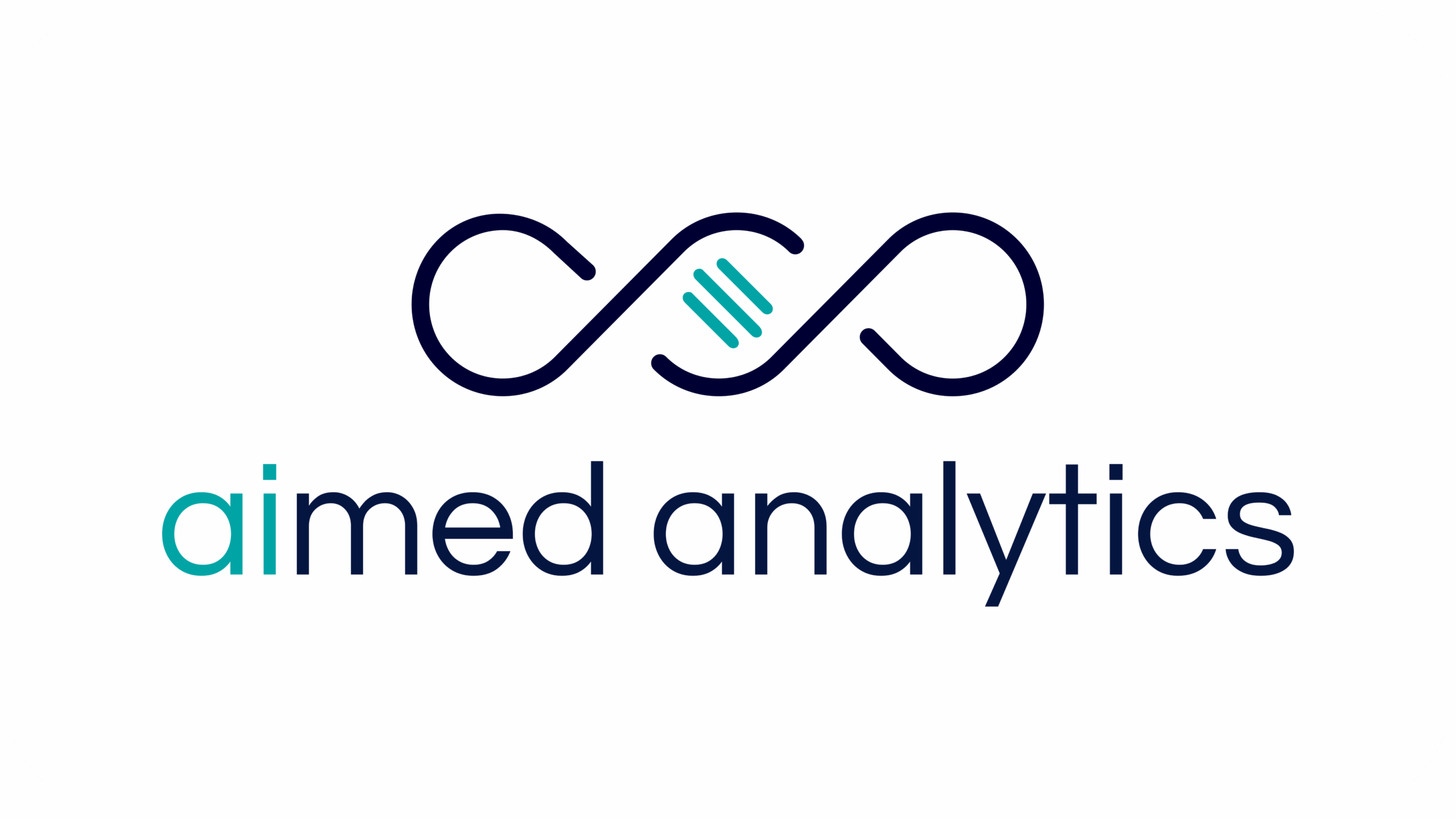How painkillers can contribute to anemia in cancer patients

Researchers from the German Cancer Research Center and the University of Freiburg show how certain painkillers influence the iron metabolism of liver cancer cells and can thus contribute to iron deficiency and anemia in cancer patients.
Painkillers such as diclofenac and paracetamol are among the most commonly used drugs worldwide. They relieve pain and inflammation and are considered well tolerated. A new study led by Ursula Klingmüller at the German Cancer Research Center (DKFZ) and Jens Timmer from the University of Freiburg now shows that these drugs can unexpectedly influence iron metabolism in liver cancer patients and promote anemia.
Together with partners at the university hospitals in Heidelberg and Leipzig, the researchers were able to demonstrate that although both painkillers reduce the inflammatory response, they also greatly increase the production of the iron-regulating hormone hepcidin in liver cancer cells. Hepcidin inhibits iron absorption from the intestine and the release of iron from stores such as the liver. Excessive hepcidin levels can lead to less iron being absorbed and the existing iron being retained in the stores – which in turn promotes anemia.
“Our results in human cell lines suggest that the use of common painkillers in cancer patients could have unintended side effects on iron metabolism,” says study leader Ursula Klingmüller. “In liver cancer cells in particular, we were able to show that the active drugs diclofenac and paracetamol activate signaling pathways that increase hepcidin production.”
The team combined state-of-the-art proteome analyses with mathematical modeling to understand the underlying mechanisms. They found that the drugs alter the activity of certain signaling pathways within the cancer cells—in particular, the IL-6 and BMP signaling pathways, which together control hepcidin production. This effect was not observed in healthy liver cells, or was only weak.
The results open up new perspectives for personalized pain therapy in cancer patients, who often suffer from iron deficiency anemia. “Our model calculations show that targeted inhibition of the BMP receptor could prevent the undesirable increase in hepcidin,” explains Jens Timmer, co-study leader from the University of Freiburg. In the long term, this could help prevent iron deficiency and therapy-related anemia.
The study was carried out in close collaboration between the DKFZ, Heidelberg University, Heidelberg University Hospital, Leipzig University Hospital, and the University of Freiburg.
Publication:
Anja Zeilfelder, Joep Vanlier, Christina Mölders, Philipp Kastl, Barbara Helm, Sebastian Burbano de Lara, Till Möcklinghoff, Nantia Leonidou, Elisa Holstein, Artyom Vlasov, Alexander Held, Silvana Wilken, Katrin Hoffmann, Gerda Schicht, Andrea Scheffschick, Markella Katerinopoulou, Esther Giehl-Brown, Christoph Kahlert, Christoph Michalski, Daniel Seehofer, Georg Damm, Martina U. Muckenthaler, Marcel Schilling, Jens Timmer, Ursula Klingmüller: Diclofenac and acetaminophen dim the acute-phase response but amplify expression of the iron regulator hepcidin in liver cancer cells.
Cell Systems, 2025, DOI: 10.1016/j.cels.2025.101431




